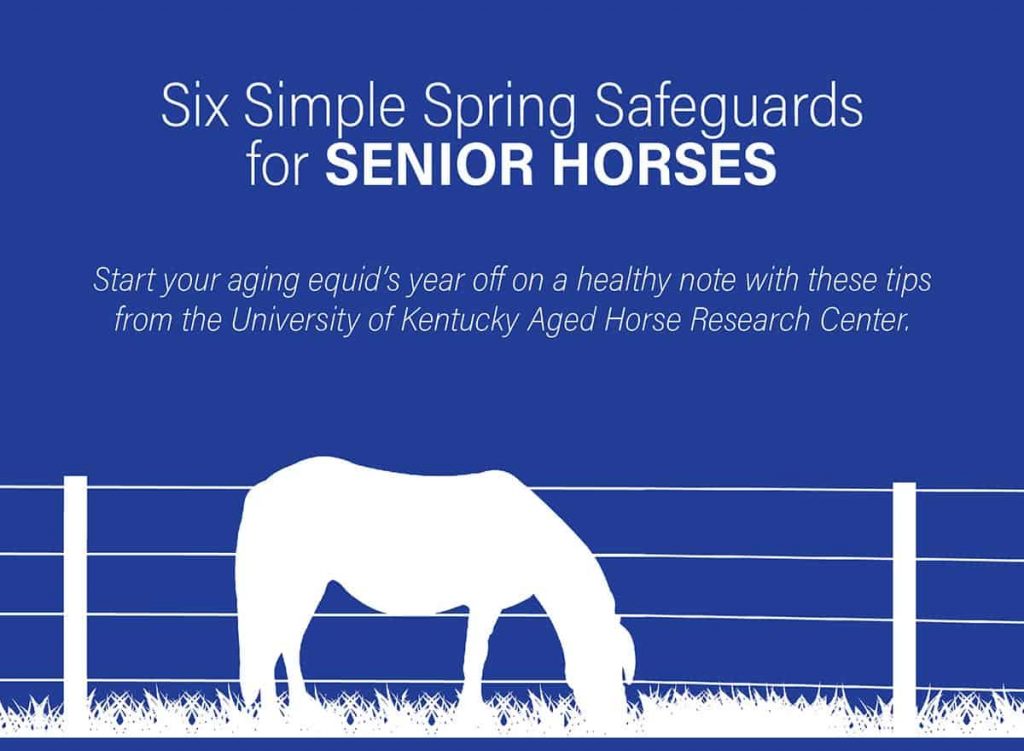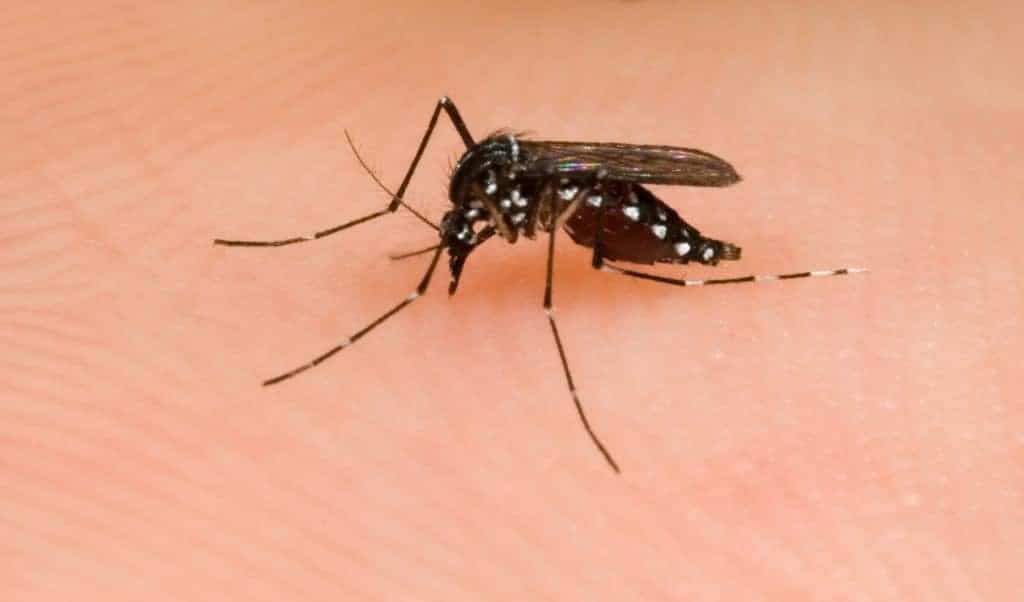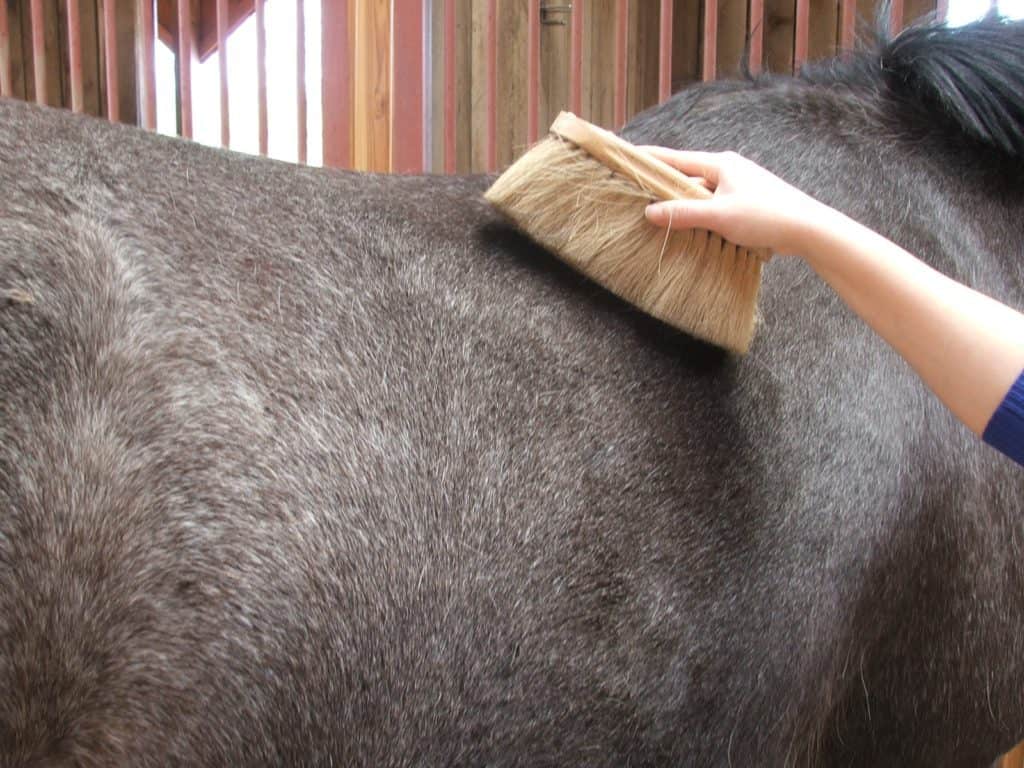
Grayson-Jockey Club Research Foundation Approves Funding for new EHV-1 and EHM Vaccine Research
The goal of this project is to develop a vaccine that will cross-protect horses against multiple types of equine herpesvirus.

The goal of this project is to develop a vaccine that will cross-protect horses against multiple types of equine herpesvirus.

Regular, strategic vaccination is a safe, effective method to greatly minimize the chances of deadly diseases impacting your herd.

Ensure your senior horse or pony is prepared for a healthy and happy year ahead.

8 important tasks to check off your list before the colder weather arrives.

Learn about the diseases veterinarians recommend protecting your horse against and how vaccination could save your horse’s life.

Researchers tested a vaccine model that could help them develop effective protection against equine hepacivirus.

Your horse’s diet and gut health could play a role in his immune response, though age, stress, and obesity are likely bigger factors.

Horses might need additional risk-based vaccines in the fall months, depending on location and activities.

West Nile virus is still a threat to horses, but veterinarians say vaccination rates are down.

Determining exactly which vaccines a horse needs can be confusing. Here are some basic do’s and don’ts to make sure you’re providing the disease protection your horse needs.

What vaccines should horses have on board prior to show season?

Veterinary authorities recommend these vaccines for all horses, every year.

Confused by the various vaccine types, schedules, and administration routes for horses? Here’s what you need to know.

Horses at different life stages have a variety of immunization requirements, but they’re not as complicated as they might seem.

Study results suggested vaccination with inactivated viruses of all nine serotypes could protect most horses from AHS.

Senior horses with PPID need careful monitoring and preventive care because of equine Cushing’s effects on immunity, exercise tolerance, thermoregulation, and wound healing.
Stay on top of the most recent Horse Health news with
"*" indicates required fields